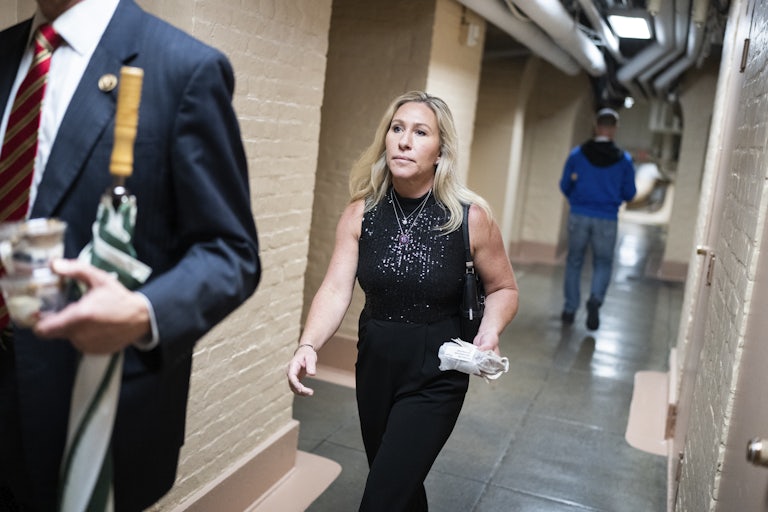Tesla’s Share Value Losses Reached a Sexy Low in 2022
Perhaps the only good news about the firm's precipitous stock plunge is that it gave Twitter's meme-knowers a chance for laughs.

Elon Musk’s year just went from bad to … nice.
The value of Tesla’s stock plunged a whopping 69 percent over the course of 2022, on track to be its worst annual performance ever. That drop has also cost the electric carmaker its position as one of the 10 biggest U.S. public companies.
When Twitter users saw that Tesla stock had lost a pretty sexy amount of value, they couldn’t resist commenting on it.
$Tesla has 69% plunge. Nice.
— Jimmy (@jimmychuckP) December 28, 2022
Tesla down 69% in a year. What's that joke Elon Musk keeps making? Nice. pic.twitter.com/NPB7K7ozav
— James Jansson (@jamesjansson) December 28, 2022
69. Nice. pic.twitter.com/3pHEILnrwM
— John Rubenstein 🇺🇲🇺🇦 (@JohnmRubenstein) December 27, 2022
nice
— dell cameron (@dellcam) December 22, 2022
Nice.
— David Bixenspan (@davidbix) December 22, 2022
Tesla has really struggled this year. The company had to suspend work at its massive Shanghai factory, and demand for the cars is so low that Tesla began offering $7,500 discounts for new vehicles, while the price of used ones dropped sharply, reported Popula, which is tracking how much Tesla’s value has dropped.
Already plagued by supply chain snarls, legal suits, and PR issues, Tesla was sent into a tailspin when Musk took over Twitter at the end of October. It hasn’t helped that Musk lied to Tesla investors about selling off company stock and seems more interested in letting Nazis back onto Twitter than running the electric car company.








